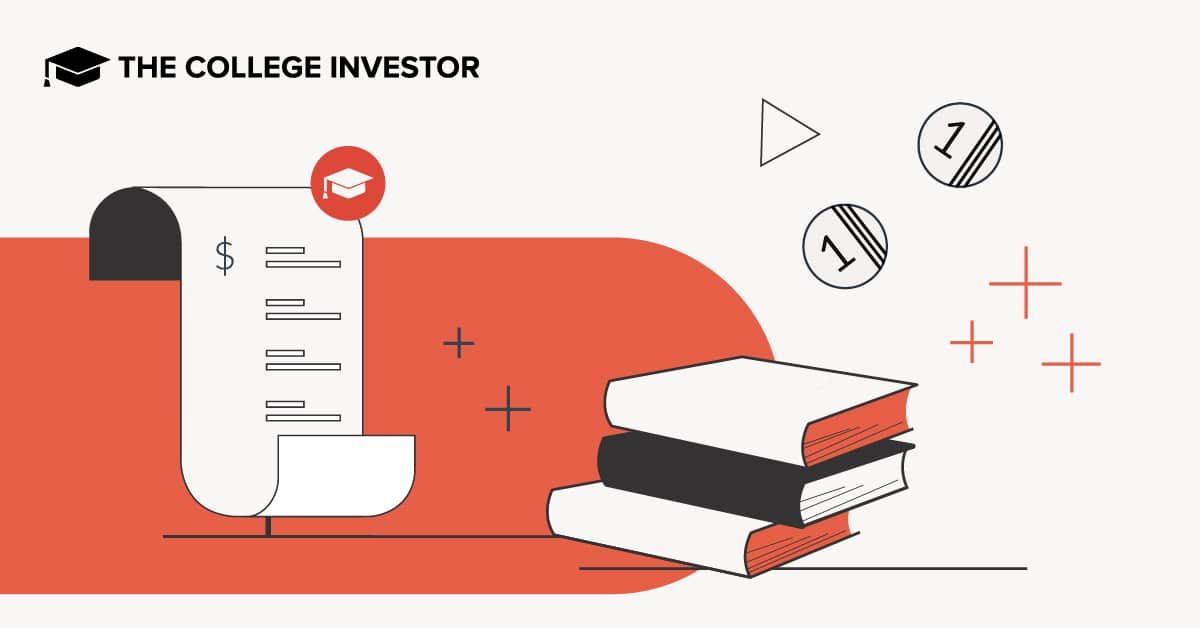Lender
Definition
In the context of student loans, a lender is an entity that provides financial resources to students for their education, expecting to be repaid with interest.
Detailed Explanation
When it comes to student loans, a lender is typically a financial institution, government body, or private organization that offers funds to students to cover their educational expenses, including tuition, room and board, books, and other related costs.
Lenders bridge the gap between the financial resources of students and the high costs of higher education. They set the terms and conditions for repayment, which can vary widely in terms of interest rates, repayment schedules, and deferment or forbearance options.
Federal student loans, offered by government entities, often have lower interest rates and more flexible repayment options compared to private student loans from banks or other financial institutions. By understanding the borrowing terms of different lenders and loans, students can better manage their debt and make more informed financial decisions.
Example
The U.S. Department of Education administers the William D. Ford Federal Direct Loan Program. Under this program, the department acts as the lender, providing Direct Subsidized Loans, Direct Unsubsidized Loans, Direct PLUS Loans, and Direct Consolidation Loans to eligible students and parents. Private lenders include firms like Sallie Mae, SoFi, and Earnest.
Key Articles Related To Lenders
Related Terms
- Interest Rate: The percentage of the loan amount that lenders charge as a cost for borrowing.
- Financial Aid: refers to any type of monetary support given to individuals or organizations, primarily aimed at assisting with education expenses, but can also include other forms of financial assistance.
- Deferment: A period during which repayment of the principal and interest of a loan is temporarily delayed.
- Subsidized Loan: A type of federal student loan where the government pays the interest while the borrower is in school or during deferment periods.
FAQs
What is the difference between a federal and a private lender for student loans?
Federal lenders are government entities that offer loans with fixed interest rates and flexible repayment options, whereas private lenders are non-governmental entities like banks, offering loans with variable terms and rates.
Can I deal with multiple student loan lenders?
Yes, students can have multiple lenders if they take out more than one loan, including a mix of federal and private loans.
How do interest rates from lenders affect my student loans?
Interest rates determine the additional amount you will pay back on top of the borrowed amount; lower rates mean less money paid over the life of the loan.
What happens if I can't repay my loan to the lender?
If you struggle to repay your loan, options like deferment, forbearance, or loan modification may be available, but it's crucial to communicate with your lender to avoid default.
Editor: Colin Graves
